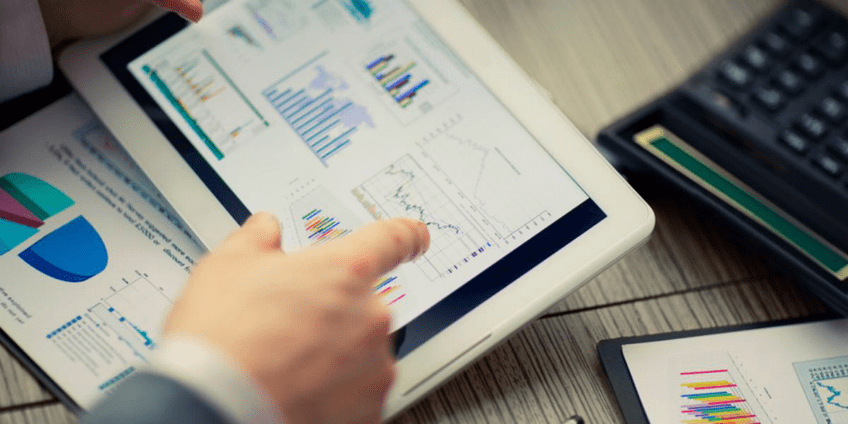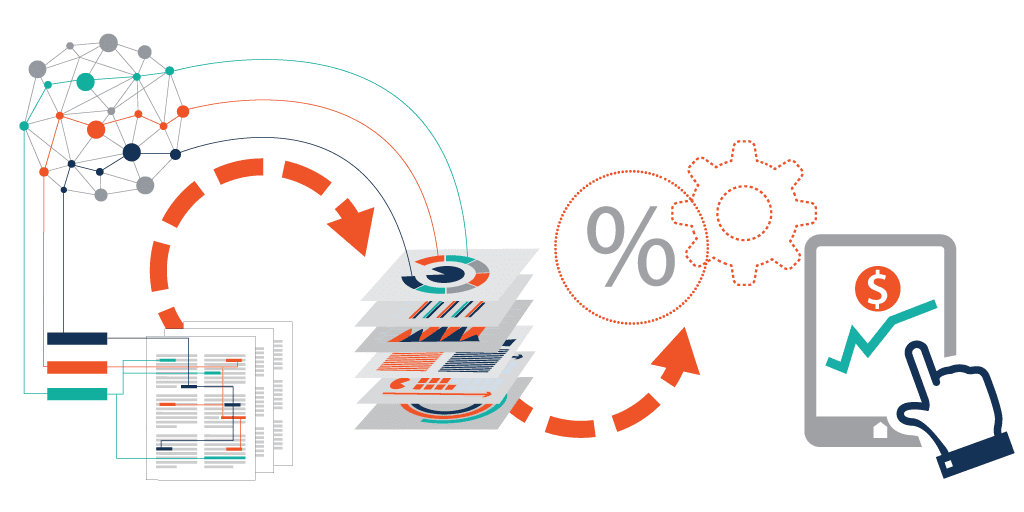As the volume of information in organizations grows and the number of customers and interactions at various levels expands to more difficult levels of control only with conventional resources, new terms come into business and IT, as Business Intelligence (BI) and Data Analytics.
Both represent the ways to generate competitive intelligence report from the data collected and this has gradually become part of the vocabulary and the daily lives of almost all sizes of branches and companies.
However, still working under similar premises, these tasks do not necessarily need equal efforts.
Business Intelligence and Data Analytics are two important practices that converge toward the same goal, but individually are different. In fact, some say that they complement each other.
They help in management, performance and even reducing costs, there is no doubt. But being different, what else do the business?
Follow our article and find out the peculiarities of each of these practices and how they can help businesses, separately or together!
What is Business Intelligence?
Business Intelligence is a practice that seeks to use technology tools to allow taking better-targeted decisions based on measurable data.
Such information, however, may come from various information systems and meet in a single database, which will be segmented and analyzed accurately to point more advantageous or viable alternatives to the company’s growth in a sustainable manner.
Thus the data support the business management after being processed and evaluated.
Another important point with regard to the concept of business intelligence is that it supports the call Knowledge Management in the company that turns, first, raw data into information, and then this knowledge into action.
For example, a powerful database that works with real-time updates and effective management of this true system “digital assets” (the company’s intellectual property), the BI becomes valuable indicators for the actions and optimization of company resources.
With the know-how of managers or experts, the practice allows the development of strategies and targets for continuity of a more adjusted business plan in future periods of the company.
With BI, it is possible to identify trends and adapt processes, products and services of the company to follow the evolution of business and customer preferences, to anticipate the risks and take precautions, share information strategically in the business environment and prepare areas for new challenges.
And after all, what is Data Analytics?
As they are often presented together, many managers believe, wrongly, that the Business Intelligence and Data Analytics is the same thing, which does not correspond to reality.
Although there is convergence, it is important to understand the details that change the way of working based on a database, transforming it into information, which, in fact, is the role of Analytics.
While BI focuses on a more strategic issue (turn into action, based on what was raised), analyzing a set of indicators, try to define effective directions for the company and improve the results, Data Analytics (although with a background also strategic) generates more peculiar and in-depth analysis.
This helps to further investigate some crucial points of a situation when you need to know it more closely or with greater detail, can change the whole meaning of a context-based data.
Data Analytics can track behavioral patterns, identify the most complex cross separately and those that relate, in some way, at any given event through searching tools that can be implemented with a consistent infrastructure.
In fact, Business Intelligence and Data Analytics are needed in many of the processes to reach more elaborate findings within a broader strategic planning.
Similarly, Data Analytics will depend on a larger plan executed based on business intelligence to transform the entire analytical work on something that will not be only in the statistics, but that starts to share and add value to the business, in fact.
And where is the secret of all this?
In the database of course. Business Intelligence and Data Analytics need information to work better. Your company will only use these concepts if you have a good resource that will accommodate the data and allow good availability to the interpretations, can bring more success.
No wonder the estimates says that the market for Big Data and Analytics will mobilize US $ 187 billion in 2019, whereas Gartner estimates the turnover of US $ 16.9 billion till the end of 2016.
Increasingly companies note the importance of working with tools capable of generating competitiveness: and they needed good infrastructure.
Also according to Gartner, revenue from Business Intelligence and Analytics will have grown 5.2% by the end of this year, corroborating the idea that you need to pay more attention to the processing of data in order to have greater success.
The more accurate the observations are, the greater business insights arise in a timely manner and the more likely companies will create differentiators against competitors using the customer database, for example, to develop more effective campaigns for products that are best suited to meet specific market demands.
Hope you were able to know these differences between Business Intelligence and Data Analytics and understand how they work with its own characteristics that can do more for your business.










